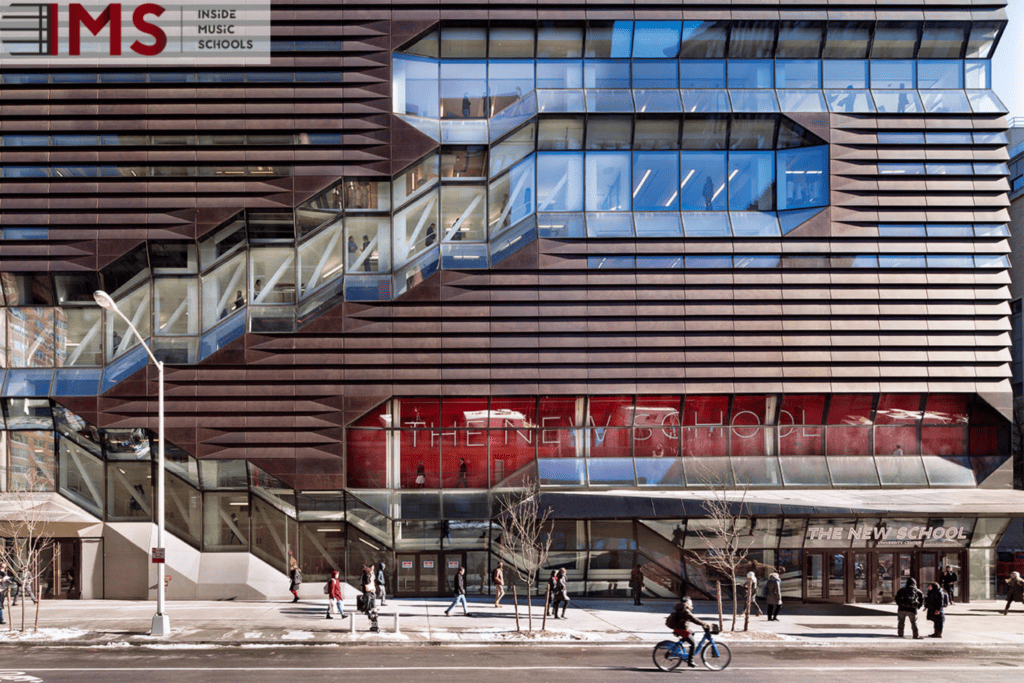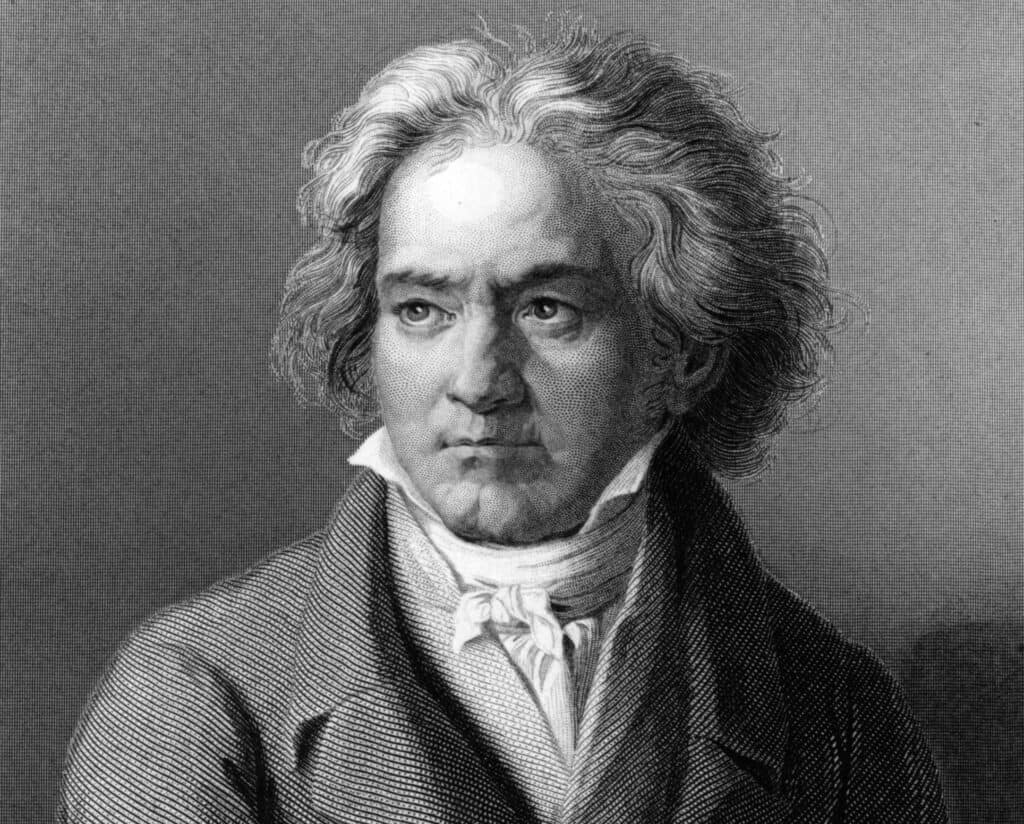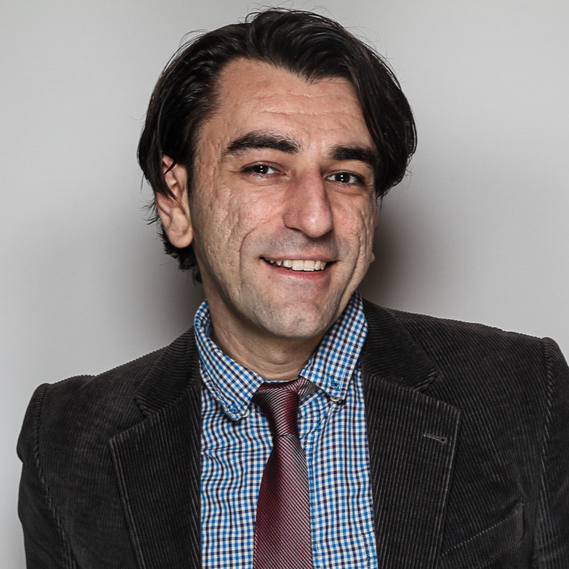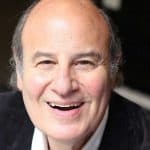Originally posted to In-Tune Monthly.
By: Dr. David Fish
In this 3-part series we will take a look at:
- Part 1) The importance of Music Education as a whole. – You are here
- Part 2) What the “Well Rounded Musician” Looks like.
- Part 3) What’s in store for the professional musician in 2023.

The Importance of Music Education
A music professional from a generation ago would hardly recognize today’s industry. Technology innovations have radically transformed almost every aspect, from the tools used to create music to how listeners consume it. Other advances have wholly reshaped the relationship between musicians and fans. Some innovations have become so dominant that they have become household names, at least in the households of many musicians. They include Pro Tools, Ableton, Autotune, and Bandcamp.
Some of these innovations have transformed the world of music at tremendous speed. American students who entered college in 2010 had never heard of Spotify. By the time they graduated, it had become the dominant way to listen to most types of music. Music students during that period would likely not have learned about Spotify in any of their classes. Their education would have started becoming outdated in real-time as they sat in class. Such changes represent a fundamental challenge for music in higher education. What do we teach, and how do we teach it in order to futureproof the careers of our students when the industry continues to transform itself so quickly and so profoundly?
Putting the shoe on the other foot, what type of career do you prepare for as a student when some career paths do not exist yet, and others will disappear? This blog will look at a few ways to help make sure you enjoy a long, productive career in music. That means focusing more on you than higher education because attending to your viability as a musician, or even a music industry professional, will be an endeavor that will endure well past your days as a college student.
Nothing New Under the Sun
The need to adapt to changes in the music industry is not new. Musicians have had to do so throughout time. The piano replacing the harpsichord as the eighteenth century gave way to the nineteenth serves as a prime example. You may know that its full name is the pianoforte, meaning soft-loud because it could produce a range of musical dynamics. The harpsichord could not. It required a new type of playing and helped spawn new styles of music. Baroque harpsichordists found themselves replaced by classical-era pianists.
We find a more recent example of how technological changes transformed the world of music with the introduction of jukeboxes in the 1940s. Before these commercial devices, nightclubs relied on live performers. Jukeboxes allowed patrons to jitterbug the night away without them. The contraptions soon invaded diners and other public establishments.
Cultural and economic developments also bring change with them for musicians. Before the time of Beethoven, composers were court musicians creating works for aristocrat patrons and the church. The ascendance of that era’s middle class in Europe changed things. Composers began writing works that would help fill public concert halls. The dramatic music composed by Beethoven and other creators of the Romantic period proved to be just what was needed to sell tickets.

Centuries later, the economic prosperity experienced by most Americans after the Second World War also exerted a dramatic impact on music. It meant that young people enjoyed more leisure time and emerged as a new entity known as teenagers. They could cruise around in cars listening to the radio and hang out at diners putting coins in jukeboxes. The music that spoke to them, and was created for them, was rock ‘n’ roll.
Nothing is constant except change. Time will certainly continue to bring about developments in technology, economics, and culture. Some of them will be dramatic, others more subtle. As these changes unfold, they will transform the world of music and require the next generation of musicians and those in education as well as the music industries to respond, in order for their careers to remain vital. A number of institutions have already organized themselves with this concept in mind.
The Hartt School’s Assistant Professor of Music & Performing Arts Management Mehmet Dede offers that his school’s program called “Music Management and the Performing Arts” addresses the fast-pace of a highly multidisciplinary industry. “As a complex ecosystem of culture, economics, technology, and law, (the music business) is constantly evolving. We are committed to teaching these rapidly developing areas of studies. My specialty is entrepreneurship in music and the performing arts, which covers subjects like concert production, marketing events, organizing tours and exploring ways to make a career as a professional artist. I focus on the productivity and preparation of students for real-world applications. My approach of using entrepreneurial and experiential pedagogy teaches students not just soft, but essential skills to thrive in the arts sector. This entails going off campus to interact with industry professionals in their offices, venues, studios, and rehearsal spaces in order to observe entrepreneurial drive-in action.”
“We are committed to teaching these rapidly developing areas of studies. My specialty is entrepreneurship in music and the performing arts, which covers subjects like concert production, marketing events, organizing tours and exploring ways to make a career as a professional artist.”
The Hartt School’s Assistant Professor of Music & Performing Arts Management Mehmet Dede
Check back for Part 2
Stay tuned to Inside Music Schools, as we going to upload both Part 2 and Part 3 in the coming weeks. In Part 2 we will take a look at what the “Well Rounded Musician” looks like.
About the Author

Dr. David Lee Fish, Ph.D., founded and continues to direct the degree concentration in popular music as a tenured professor at Catawba College in Salisbury, North Carolina. In that role, he has gained expertise in a range of subjects, including music business, technology, and theory. He also co-founded and is a past president of the Association for Popular Music Education, the leading professional organization for educators in that field. His participation has helped him forge relationships with fellow faculty of popular music across the country and intimate knowledge of their programs.
Contact Us
Did you find this blog helpful? Do you picture yourself in a music career? If the answer to that is a “yes”, your next step is simple. Contact insidemusicschools.com and allow our team of industry insiders to guide you toward your goal of being a professional in the music industry. Through expert counseling and real world experience, we will make sure you are prepared for the journey
Founder & President at Inside Music Schools | Insidemusicschools.com
Head of admissions and faculty member at Berklee College of Music for 40 years, Steve Lipman and our team at Inside Music Schools speak music as their primary language. We approach each client contact with open eyes, ears, and minds. As the country’s premier music school consultant, he has advised students from the United States, Canada, the U.K., India, Singapore, Dubai, China, Australia, Turkey, Colombia, Argentina, Brazil, Japan, Israel, Italy, Russia and elsewhere.


